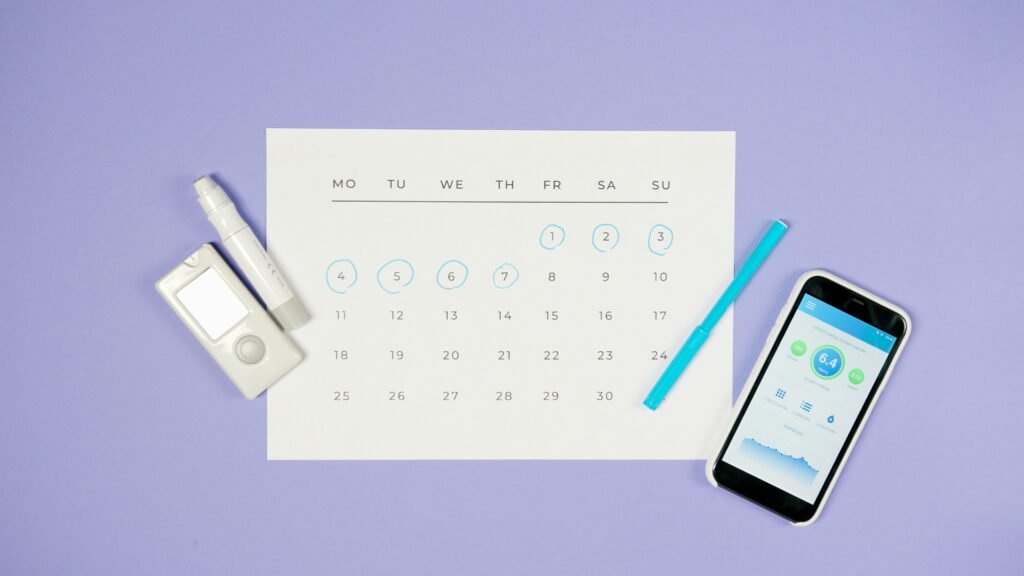Mental health is a conversation that is been overdue for far too long. In a world constantly asking us to keep up, pause buttons feel rare. And therapy? It is important, but not always easy to access. Long waitlists, high costs, awkward small talk in cold rooms, it is not for everyone. Somewhere between this need and the digital age came mental health apps. Tiny tools on your phone. Some cost nothing. Others cost less than your weekend coffee run. But they promise something big: support, clarity, grounding. The question is: can an app stand in for a therapist in your pocket? Or at least, come close enough to be called one?
We live on our phones. They hold our alarms, calendars, contacts, reminders to drink water, and now, even our feelings. Mental health apps are not new, but they have exploded in the last few years. Lockdowns, isolation, and emotional burnout, all pushed people to look inward, and many turned to their screens.
The idea sounds tempting: a space where you can open up, reflect, learn coping skills, and maybe feel a little less alone, all without making an appointment.
And in a lot of ways, they do help. They are not replacements, but they are bridges. For someone afraid to open up in therapy, an app can be the first safe space. For someone between sessions, it is like a notebook that listens back.


Let us be real here. An app can not make eye contact. It can not notice when you pause mid-sentence, trying to hold back tears. It would not see how you fold your hands when you’re nervous. That kind of awareness still belongs to human connection.
But can apps still offer support? Yes. Just not in the way a therapist would.
Most mental health apps work on science-backed methods like CBT (Cognitive Behavioral Therapy), mindfulness, and journaling prompts. Some offer pre-recorded sessions or self-help programs. A few go further, connecting you to actual therapists via chat or video. And while that is not quite the same as an in-person session, it does open a door that might have otherwise stayed shut.
Think of them not as replacements, but as companions. Tools that fit in your hand and stay close on the days you feel like you’re spiraling.
There are thousands out there. Some work. Some don’t. But here are a few names that keep coming up in honest conversations:
These aren’t one-size-fits-all, though. Some might click with you. Some won’t. That’s okay. Mental health is a process, not a race!
Can a mental health app replace a therapist? No. But can it support you when you’re not ready or able to see one? Absolutely.
They can be your starting point, the thing that helps you reflect, pause, breathe, or even admit that something’s wrong. They can also be your in-between, a soft space on the days you don’t feel like talking to anyone, but still need a little guidance.
The key is to stay honest with yourself. If an app is helping you sleep better, understand your moods, or lower your stress, that’s progress. But if you’re in deep emotional pain, or something feels off in a big way, professional help still matters.
Apps are tools. Therapy is care. They can work together.
In the end, healing is not always linear. Sometimes it’s messy. Sometimes it is digital. And sometimes, it is both. What matters is that you’re showing up for yourself, even if that begins with downloading an app at 2 a.m., trying to make sense of everything.
If you find something that helps you breathe a little easier, that’s valid. And if it fits in your pocket, even better.